You will need:
- One Screw top container
- One Clear Straw
- Something to make a hole with eg. nail or hand drill
- Food Colouring
- Hot water bath, ice bath and hair dryer (Optional)
- Moulding clay and a permanent marker
- Balloons or Water Balloons (Options available also Blu-Tak or Plasticine)
- Container
- Scissors
- Straw
- Adult Help.
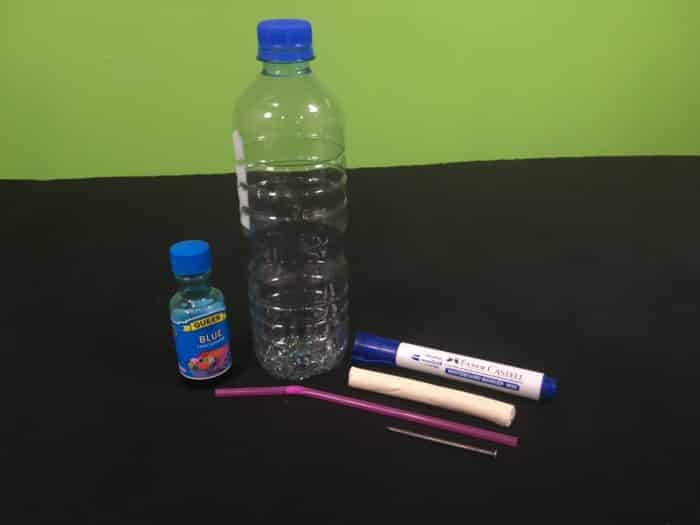

Carefully, and with the help of an adult, bore a hole into the middle of the containers’ lid. Make
sure that the hole made is only slightly bigger than the diameter of your straw.
SAFETY: If children are to do this, make sure that the hand drills are not electrically powered.
Alternatively, hand drill the lids prior to children commencing the experiment or use balloons
instead of a plastic lid.
ALTERNATE VERSION: Use a bottle that already has a small opening (e.g. soft drink bottle) or
Use balloon or water balloon.

Now hold the container between your hands, thereby gently heating the water inside.
Alternatively you can use the hot water bath or even a hairdryer.
If all has gone well you will find that the water will have travelled up the straw.
SAFETY: Using electrical appliances near water can be dangerous, please have an adult
demonstrate this experiment.
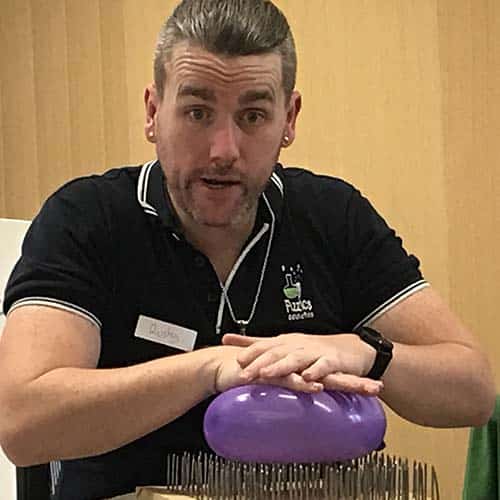
School science visits since 2004!
– Curriculum-linked & award-winning incursions.
– Over 40 primary & high school programs to choose from.
– Designed by experienced educators.
– Over 2 million students reached.
– Face to face incursions & online programs available.
– Early learning centre visits too!
Why Does This Happen?
When liquids are heated they expand. Knowing that water expands when heated helps scientists to model the movement of ocean currents around the world.
This same principle is used in the everyday mercury thermometer. Mercury is used within thermometers as it is liquid at -39oC and expands rapidly when heated, as well as that its convex meniscus allows for accurate temperature readings.
Variables to test
- Can you make a thermometer with a wider straw?
- What happens if you change the liquid to an oil or methylated spirits?
Safety: Do not expose the methylated spirits to any temperature beyond that created by the Sun.
From colour changes to slimy science, we’ve got your kitchen chemistry covered!
Get in touch with FizzicsEd to find out how we can work with your class.
Hot & Cold Workshop
Years 1 to 6
Maximum 30 students
School workshop (NSW & VIC)
60 or 90 minutes
Online Class Available
STEM Full Day Accelerator - Primary
Designed from real classroom experiences, this modular day helps you create consistently effective science learning that directly address the new curriculum with easily accessible and cost-effective materials.

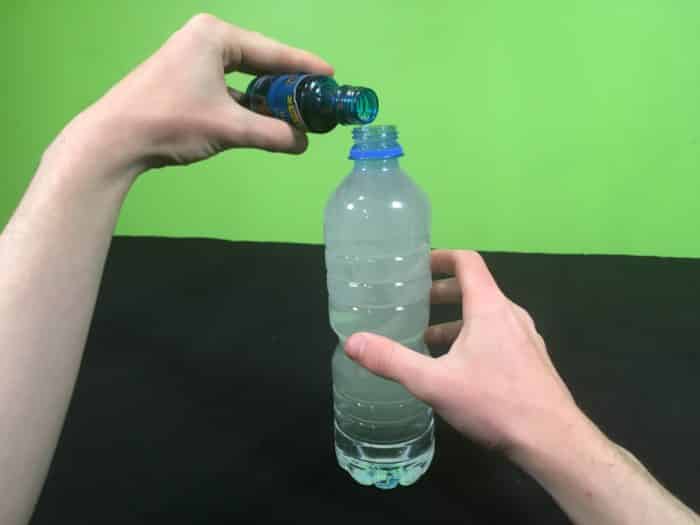



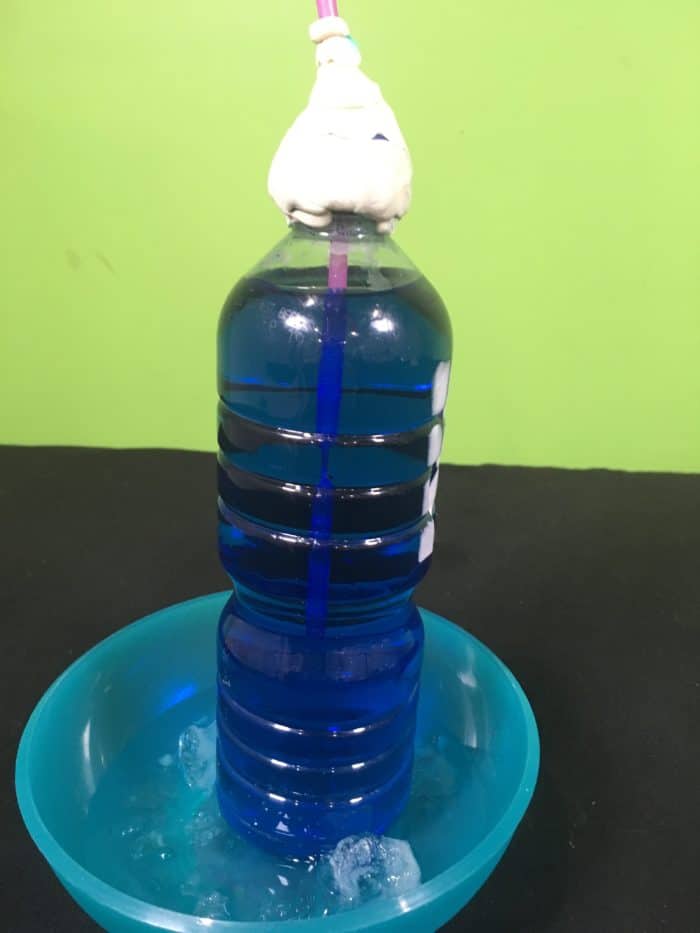

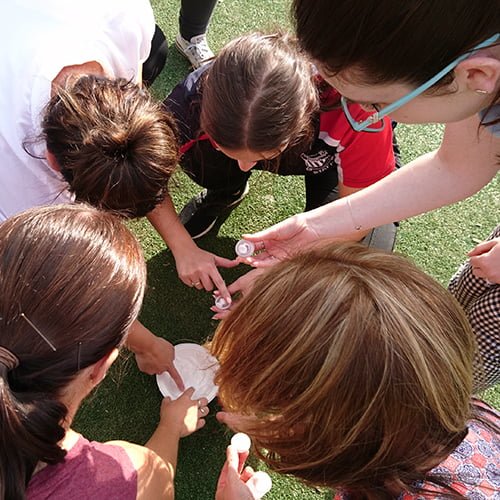
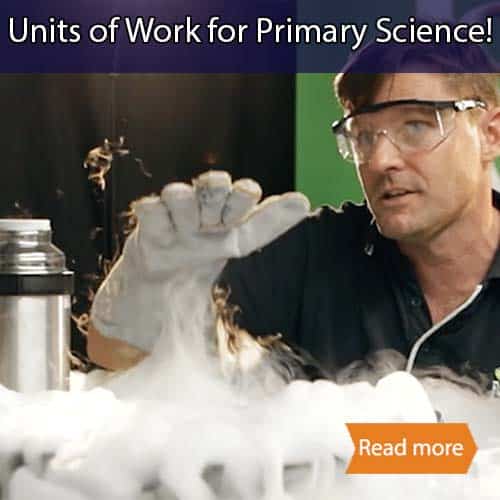
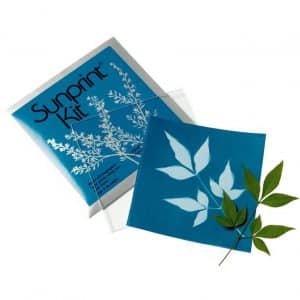
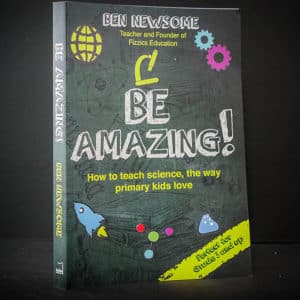























Comments